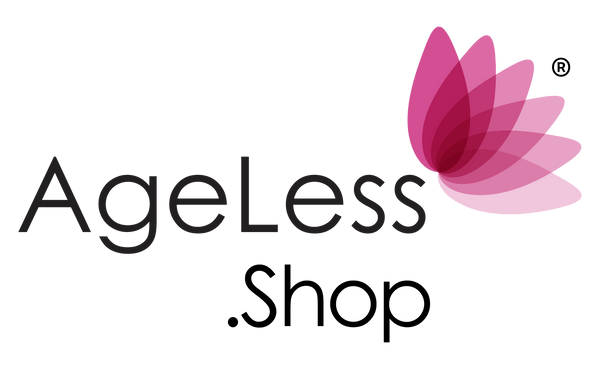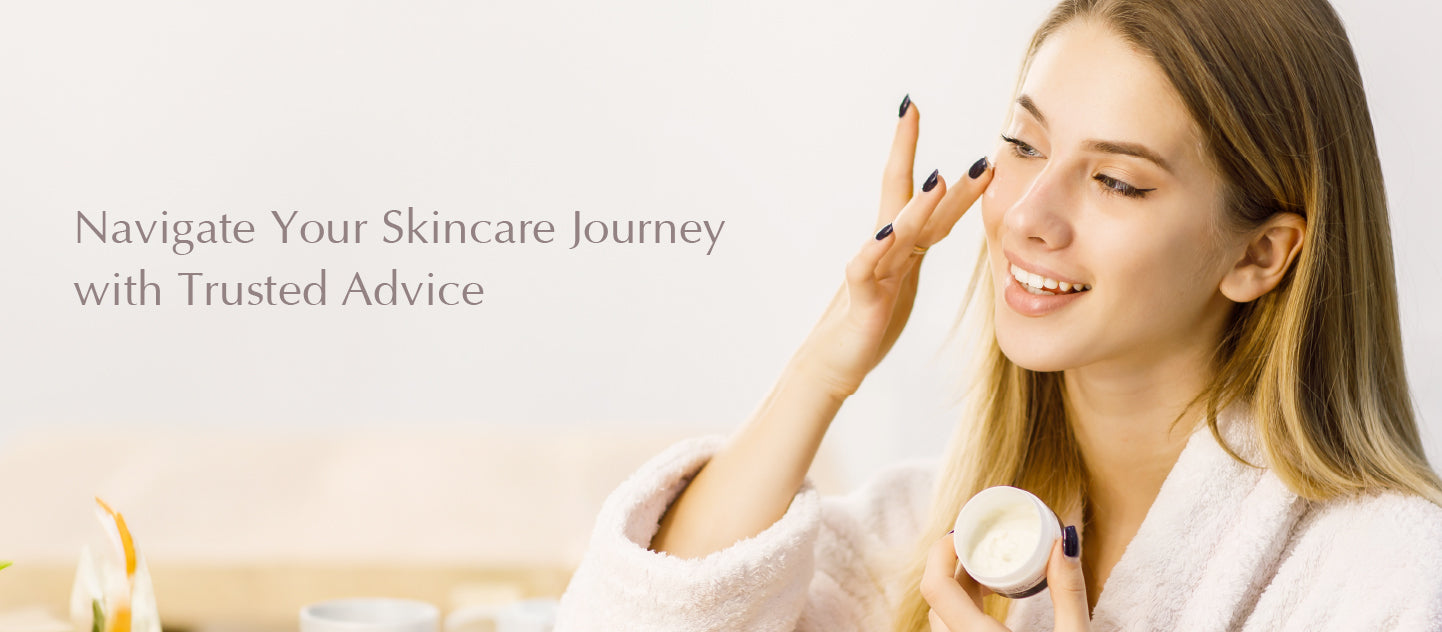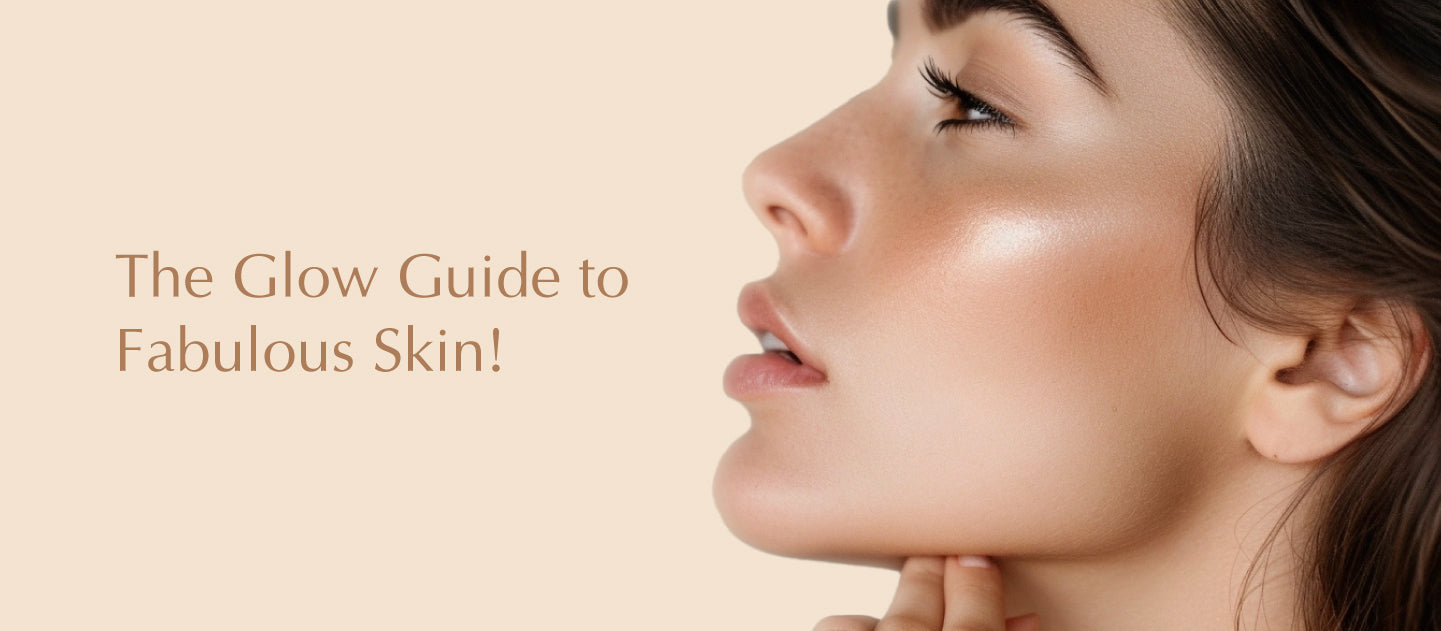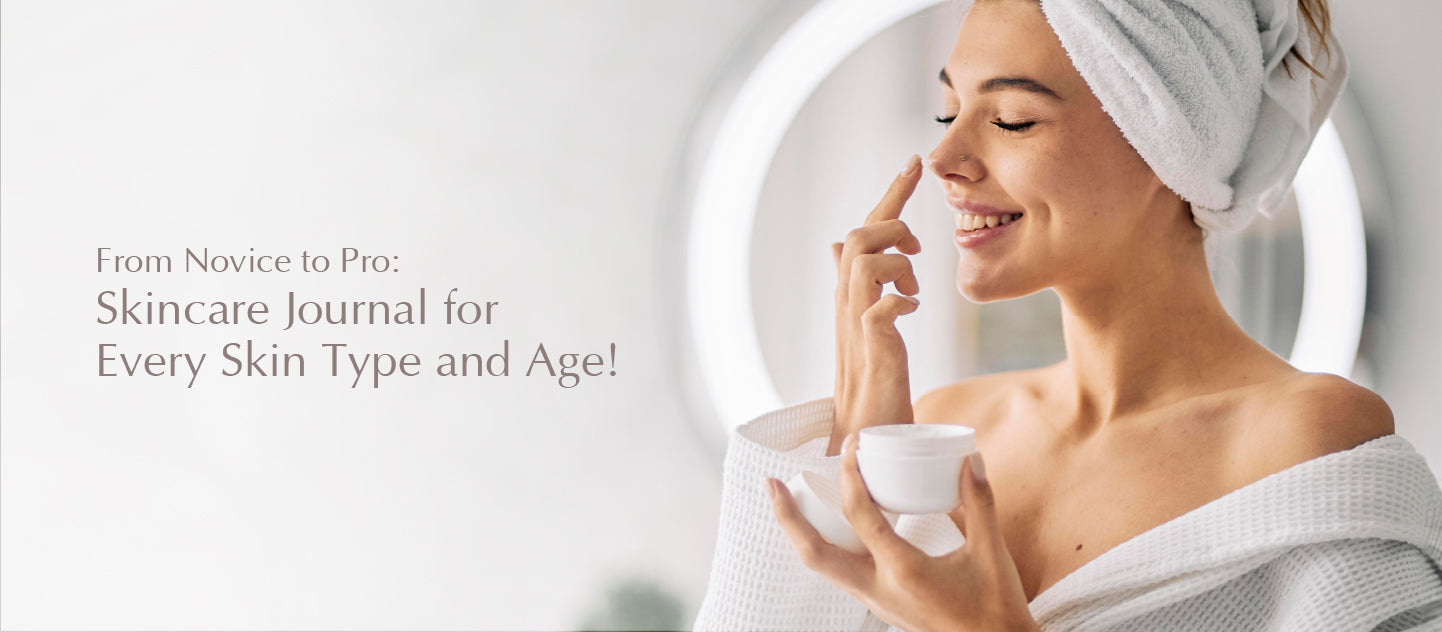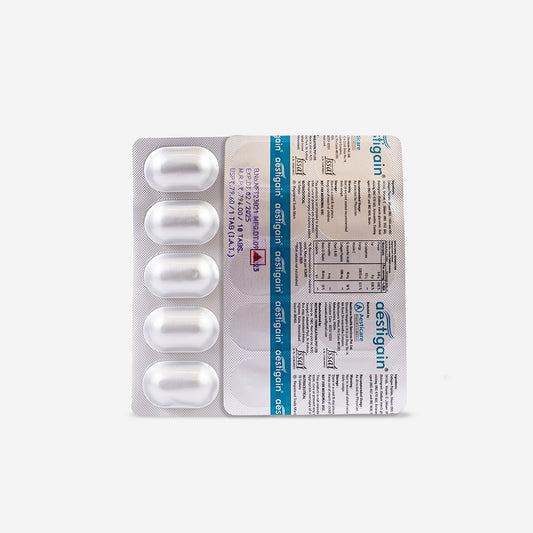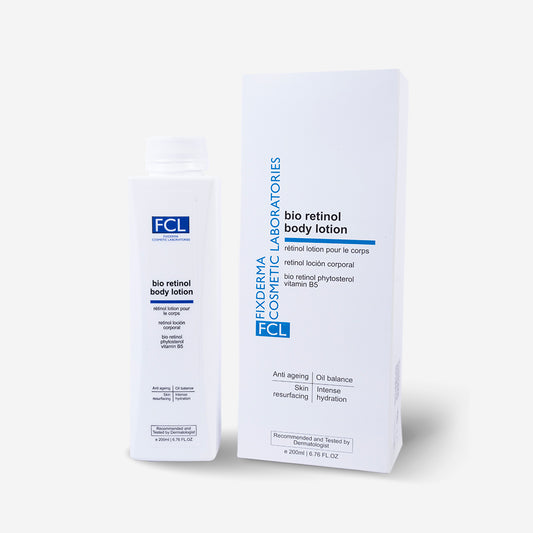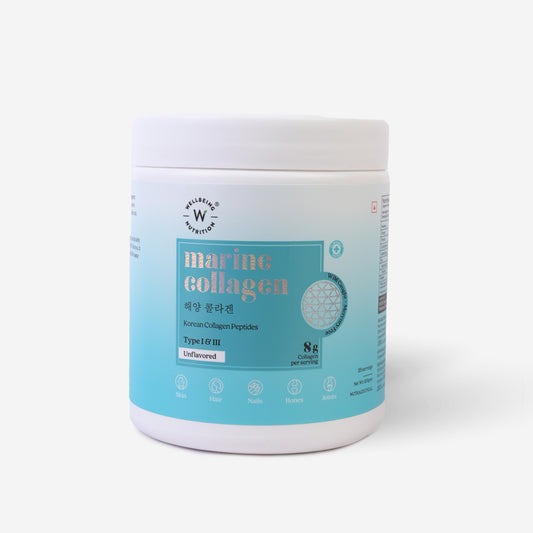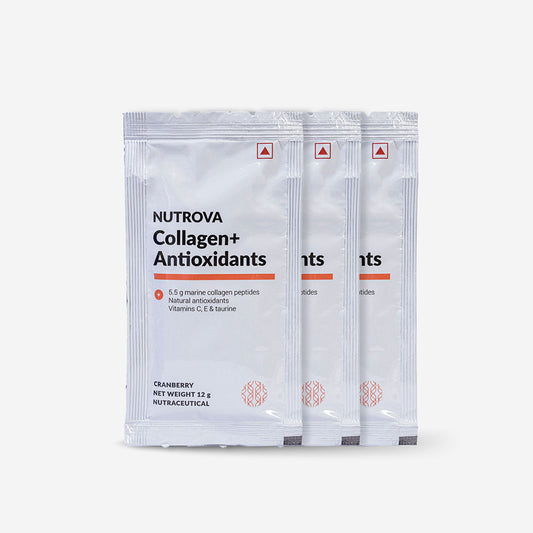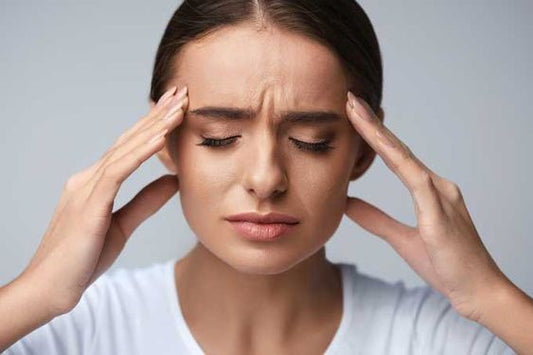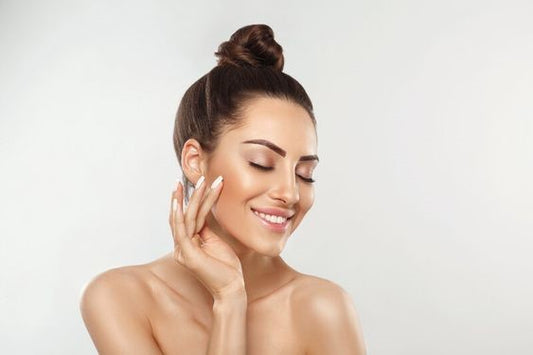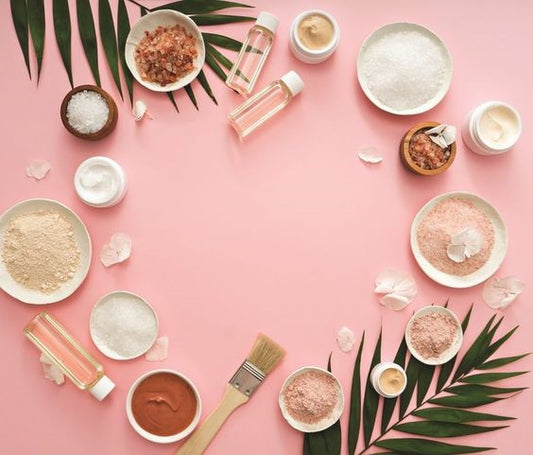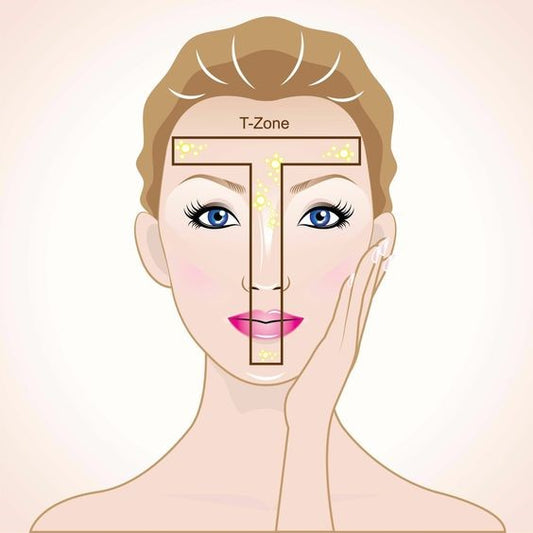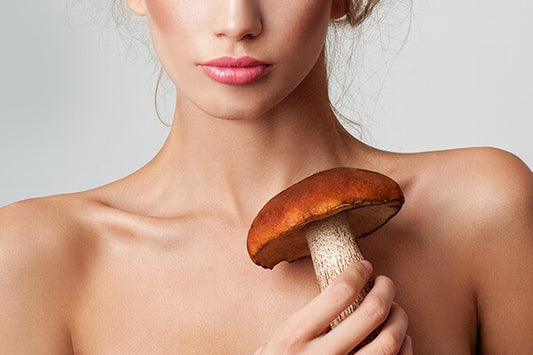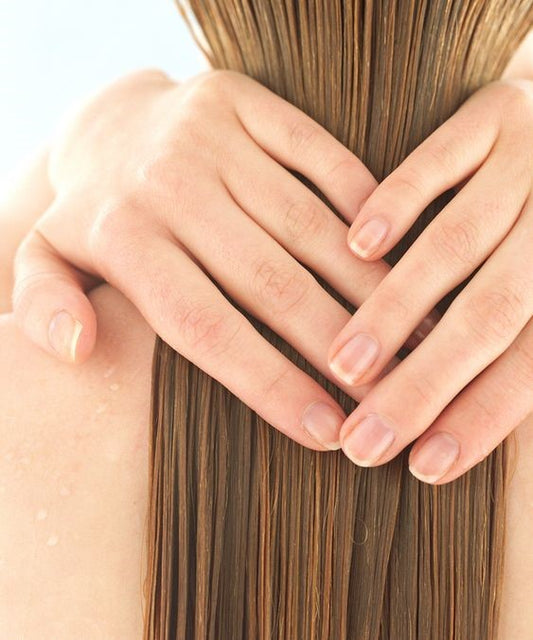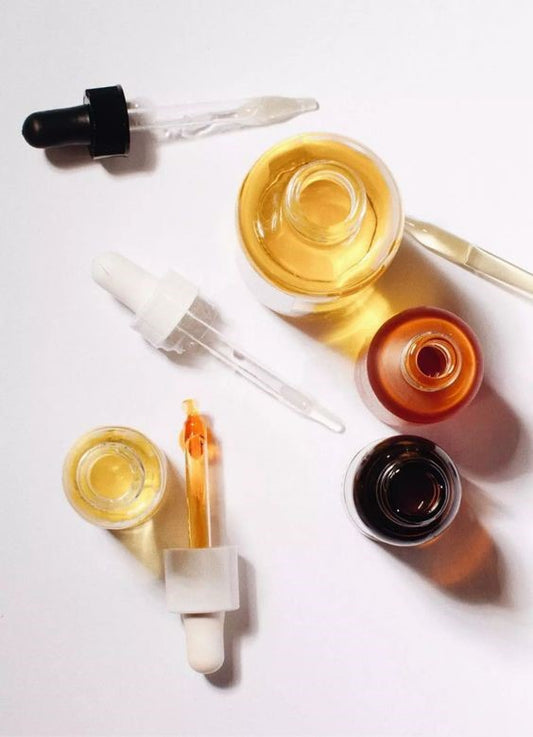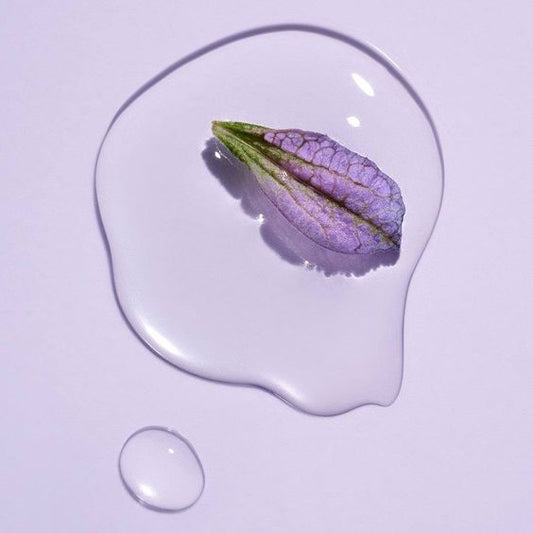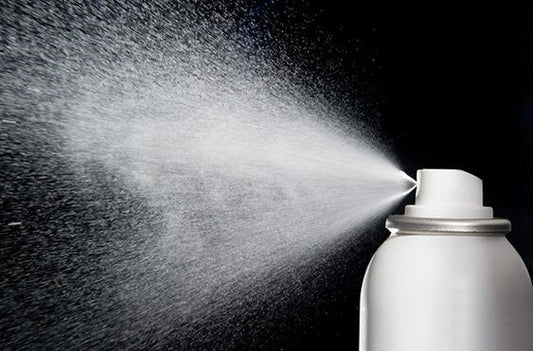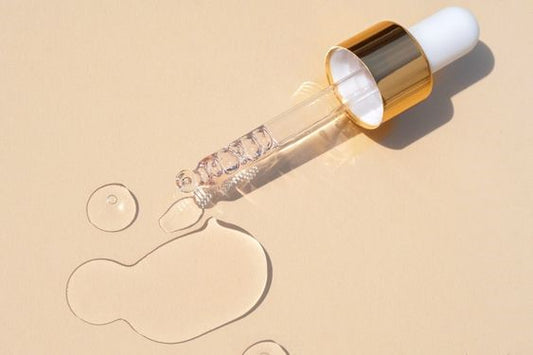Understanding its Role in Anti-Ageing
Collagen is the most abundant protein, produced naturally by the body and found in bones, blood vessels and the skin. Now what exactly does collagen do to the skin? Collagen is mainly responsible for skin elasticity, which makes our skin look plump and youthful. We start to lose 1% of collagen from our 20s, so by the time when we are in our 40s and 50s, we have lost approximately 25-30% of collagen. The fact is, even 3% collagen loss can show visible signs of ageing.
As a part of the ageing process, collagen production reduces, giving rise to ageing signs like fine lines, wrinkles, skin thinning and sagging. The main reason why we should start using anti-ageing products from topical creams, oral supplements, and diet to more intense in-clinic procedures, is to slow down the ageing process and make your skin more youthful and radiant. Collagen topical creams and oral supplements in the form of powder or capsules are not only beneficial to slow down the ageing process but also prevent the skin from micro-ageing and protection against environmental damage.
Dr Harshna Bijlani, Medical Head at The AgeLess Clinic recommends collagen stimulating in-clinic treatments and technologies such as Ultherapy™, MNRF, PRF treatment, Morpheus8 and injectables like Volite® and Profilho®, made of AHA, which are great in replenishing lost collagen and are amazing collagen boosting treatments. It is advisable to make these treatments a part of your skin maintenance routine and to keep your skin look youthful, radiant, and plump.
Your skin has three layers, out of which epidermis is the outermost layer of the skin which serves as a protective barrier against external environmental. Collagen is located in the second layer of the skin, which is called as the dermis. Now, when you are applying any topical collagen induced products like creams or serums, it works only on the outer layer of the skin as it is difficult for these products to penetrate deep and reach the dermis layer to produce collagen. Topical collagen may feel good as it is hydrating and moisturizing and makes your skin soft, but it doesn’t add any more benefits to boost collagen production from inside.

©Pinterest
Dr Bijlani truly believes in holistic approach which is the inside out approach when it comes to boosting collagen production in the body. As per studies, ingesting collagen supplements in the form of powder or capsules can do far better to your skin. The question is do they really work? Ingested collagen supplements get digested into amino acids and collagen peptides that are easily absorbed by your small intestine and then circulated into your bloodstream. This results in an inner boost of collagen production, which further leads to an improvement in your overall health. However, you need to have realistic expectations about oral collagen supplements as your body excretes out a lot of it is also a lot is distributed in different parts of the body. Hence, only a certain and not the entire amount is absorbed and deposited under your skin.
According to me, in-clinic procedures like a PRF face treatment, Ultherapy™, micro needling and radio frequency work on the dermal layer of the skin to stimulate collagen production and make your skin look plump and youthful.
©Pinterest
Collagen is a protein that is naturally produced in the body and serves as one of the main component to build bones, skin, hair, muscles, and ligaments. It is located in the second layer of the skin, which is called as the dermis and is responsible to keep your skin from sagging and giving it a youthful and plump look. We lose collagen as we age and many of us include collagen creams, serums as a part of our skincare regime. Reason – Collagen helps improve skin elasticity, reduce wrinkles, and increase blood flow to the skin, leaving your skin youthful and glowing.
Collagen can be boosted a lot by modifying your diet, as diet plays an important role in collagen production. Foods like bone broth contain a bioavailable form of collagen in your body that can be used immediately, making it a superior collagen booster as compared to supplements. Vitamin C and E also play an important role in collagen production, hence including vitamin C and E rich foods like citrus fruits, berries, egg whites, tomatoes, bell peppers in your diet are beneficial. Another thing that you need to add in your diet is protein. Protein rich foods contain amino acids necessary for collagen synthesis and therefore a protein rich diet, packed with pulses, beans, legumes, nuts, eggs, etc., have proved to help with collagen production.
Retinoids are one of skincare’s most loved and effectively proven skin ingredients that comes in various strengths of Vitamin A derivatives. Retinoid is an antioxidant that penetrates into the deeper layers of the skin to stimulate collagen production and also prevents UV rays to break down healthy collagen. However, the results depend on the strength of the retinoid. For e.g., Retinoids like tretinoin work faster and better than over-the-counter retinols esters which are the weakest.
